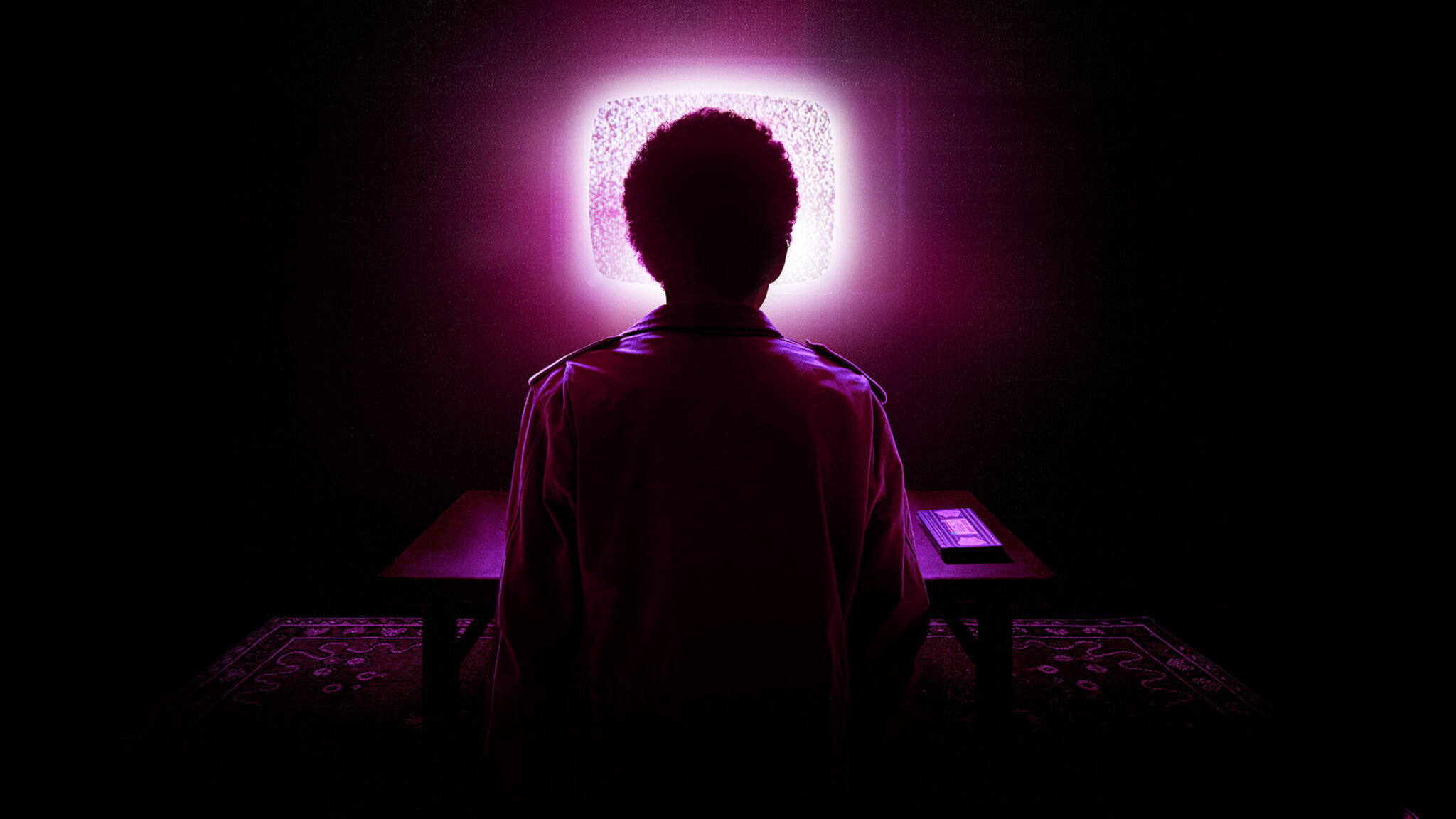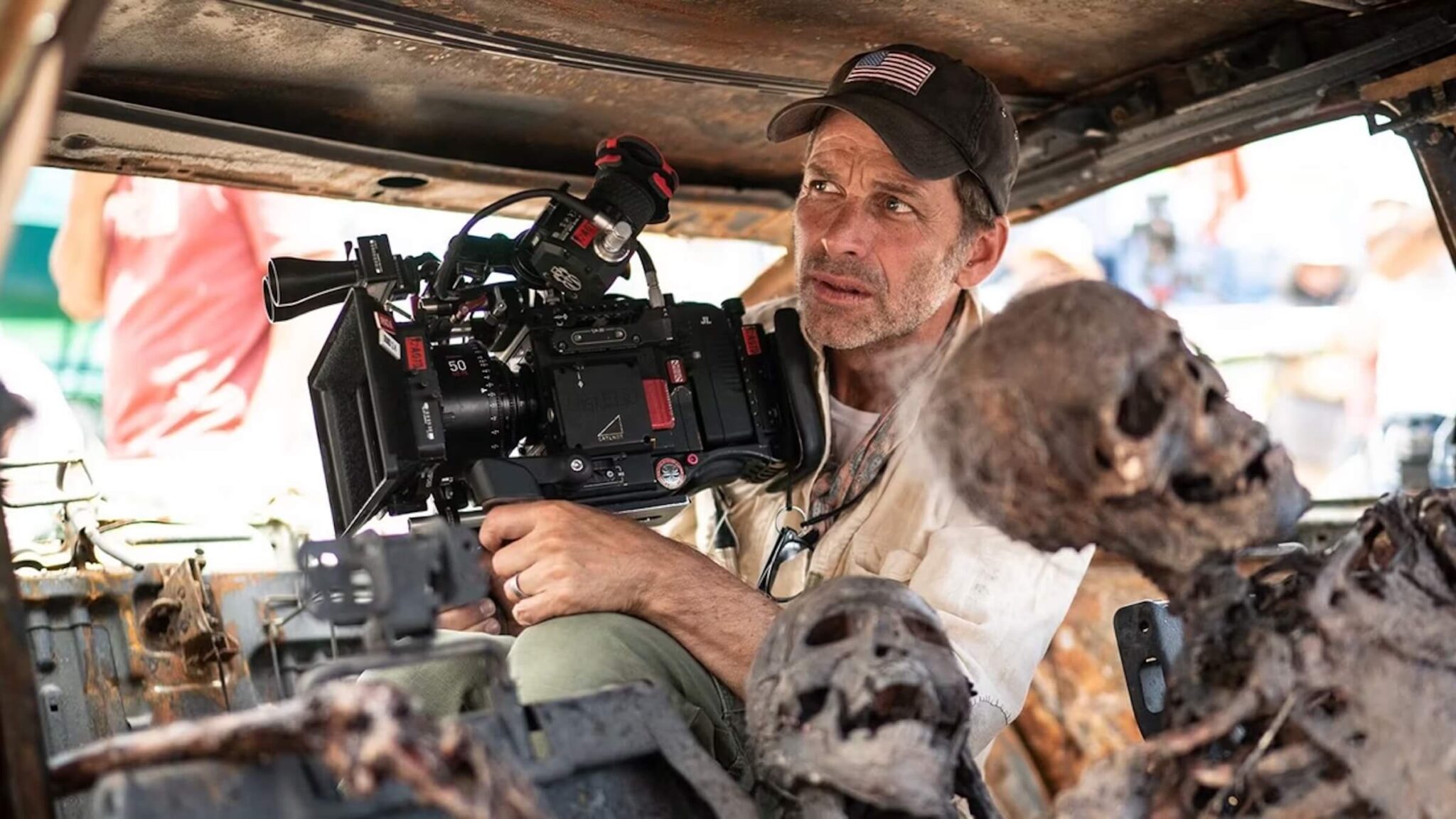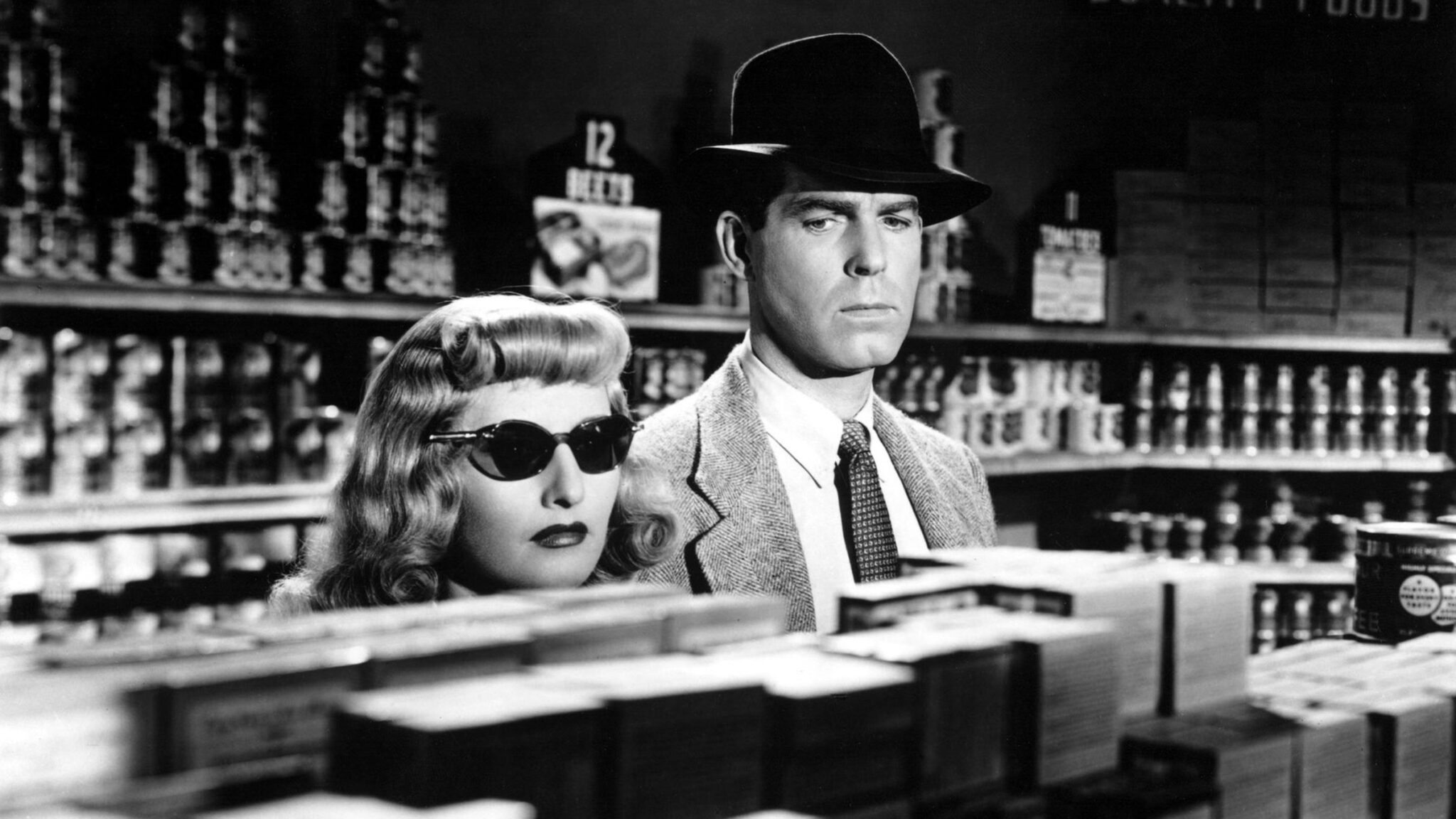Do You Know the Five Different Types of Plot Holes?
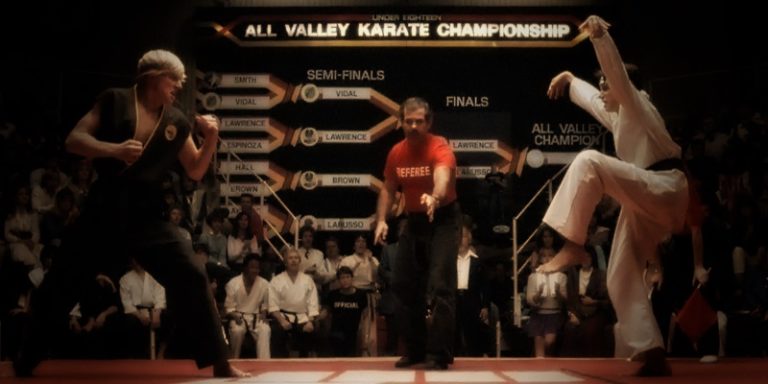
Do you know that there are five different types of plot holes to avoid in your script? Understanding them is key to avoiding them, fixing them, knowing when they matter, realizing how much they matter, and recognizing when they don't really matter — because yes, some plot holes are okay, despite what anyone tells you.
Plot holes are either the result of bad writing, bad editing, or audiences that are engaged or enraged enough about a movie to pick apart every little nuance and detail.
Let's get something straight — no screenplay is rock solid. Any great cinephile can find an apparent plot hole, big or small.
In past posts, we've covered why they happen. It's often because of too many hands in the cookie jar during the development phase, story and character changes made during production based on creative on-set choices or budget cuts, a result of editing and cut scenes, or yes, the screenwriter either not doing their job or just plain being human. Even the best screenwriters make mistakes.
But most people make the mistake of throwing all plot holes into the same bucket or under the same umbrella. There are many types of plot holes — five in particular — that screenwriters should know and understand.
1. MacGuffin Plot Holes
MacGuffin's are those goals, desired objects, or any other motivators that the protagonist (and often the antagonist as well) is either tasked with pursuing or drawn to pursuing, for whatever reasons. They are the motivating element that exists only to drive the plot and is usually the cause and effect of each character's conflict that they are dealing with throughout the story.
MacGuffin Plot Holes are those that relate directly to the MacGuffin. Keen eyes can always find such plot holes and pick them apart, whether it's the Ark of the Covenant (Raiders of the Lost Ark), Ruby Slippers (The Wizard of Oz), or something as simple as a microwave emitter device (Batman Begins).
Cinephile nitpickers would have these questions on their minds as they sit in front of the computer screen while dreaming up something to say on Reddit or other places:
So if Indiana Jones had never interfered with the Nazi's and their quest for the Ark of the Covenant, wouldn't that have meant that the Nazis would have opened the Ark in front of their whole army and Hitler himself in a grand ceremony within the heart of Berlin — the lion's den — and the power of God would have killed that Army and evil ruler right then and there?
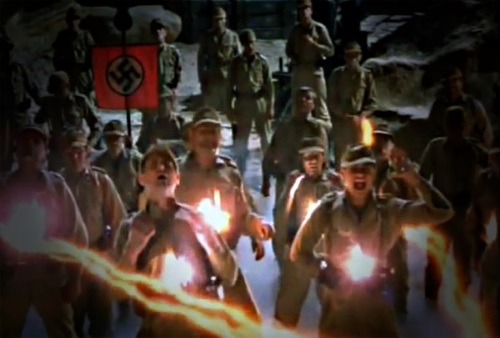
So all that Dorothy needed to do was tap her heels together to get home? Why didn't the good witch tell her that? Shouldn't she have known?

And what about that microwave emitter that the villain was going to unleash upon Gotham, vaporizing the water supply and spreading Scarecrow's mind poison? If humans are made up of 75% water, wouldn't that mean that the device would have essentially vaporized the water within the bodies of Gotham's citizens as well?

MacGuffin plot holes are the least of the five — as far as how they impact the eventual cinematic story. You, the screenwriter, don't need to explain every little aspect of MacGuffins if you're going to use them. Sure, you want to ensure that you keep a keen sense of logic when developing them, but in the end, the sole purpose of the MacGuffin is to get the story moving forward for the characters. Remember, the characters care about the MacGuffin — the audience generally doesn't in most cases. This is by direct definition from Alfred Hitchcock himself, although MacGuffin's have evolved into more important motivating elements in contemporary cinema.
In short, don't worry about the nitpickers — they'll always find flaws in your MacGuffins.
The thing is, not even Indiana Jones knew what would happen when the Ark of the Covenant was opened within the presence of the evil that the Nazis represented. In fact, according to his research, he thought that whoever possessed it would have ultimate power. So there was never any knowledge of what the Ark would do and who it would do it to.
Why wasn't Dorothy told about clicking her heels together? If she does, there's no movie. Sure, this is one of those examples that may have an explanation that is present in the film or can be conjured by the audience, but it's a perfect example of the fact that sometimes you just have to roll with what the writer gives you. It was a grand adventure indeed and she learned a great deal as a character.
Lastly, the microwave emitter device and its technology is not explored within the film. Maybe only pure liquid can be evaporated? Maybe the dense cells within someone's body act as a shield? It doesn't matter. The writer apparently believes the device can't take the water out of a human body, so that's what you have to roll with.
Yes, it's best to shore up as much as you can when it comes to the details behind MacGuffins, but you should also know when it doesn't matter.
You give the audience the rules and they're either going to invest in them or dismiss them — and it usually depends on how well you deliver on the meat of the plot, story, and characters.
2. Logic Plot Holes
This is an example of plot holes that are very polarizing to audiences. Some don't matter while others can destroy the stakes that the screenwriter has tried to build up.
We logically know that in space, there is no fire. Yet in Star Wars we see it all of the time when a ship is destroyed in space battle. When the Death Star blew up, we even saw endless sparks flutter through the vacuum of space, lingering for dramatic effect. It's not logical. Then again, it's not science fiction either — Star Wars is science fantasy. And in any fantasy, logic is out the window due to established "rules" that are set by the writer.
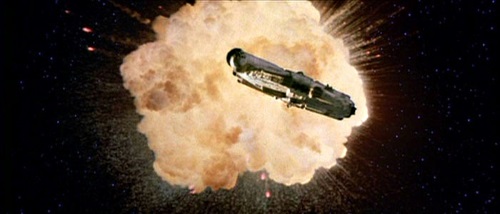
Now, if in one Star Wars movie, we clearly saw explosions in space and then in another movie we didn't under the same or similar circumstances, then we have a bad plot hole. Do you see the point there?
In screenwriting, logic is defined by the rules that are set within the universe of each and every story that a screenwriter writes. George Lucas knew that there was no fire in space, but damn, it did look good onscreen. He set the rules and he (usually) stuck with them.
In the Fast and Furious franchise, we know that it's not logical that a vehicle could crash through the glass of one skyscraper, sail through the air, and land on another skyscraper unscathed, but throughout the franchise we know that physical reality and logic is often bent in exchange for a visually appealing sequence.
Now, if we as writers broke our own set rules, we'd be falling on the opposite side of the spectrum — enraging audiences and disengaging them.
If we are watching a military movie like Lone Survivor, which is clearly based in reality, then we'd revolt as audience members if the director decided to add some visual flare with Wanted-type bullet trajectory bending.
The Matrix managed to brilliantly challenge the notion of logic, with much success. Yes, "the real world" of Mr. Anderson was based on life circa 1999. However, because that "real world" was actually a computer simulation, all bets of physical logic were off. And that was the key to the success of the film.
When the second sequel delved into the notion that Neo's powers worked in what we believed was the true real world, audiences were at first confused because of the rules that had been set up. The end of the film explained — perhaps too much — why this was possible.
Logic within a screenplay is what you the screenwriter decides. But with great power comes great, well, you know. That power of choosing what is logic and what is not within your script can and will dictate how invested audiences will be.
If you set your script within the real world, keep it real. If your script is set within the real world with the caveat of consistent requests for suspension of disbelief in exchange for entertaining action and special effects (see most Hollywood blockbusters), have fun.
The key is to always be aware of whatever logic you are and are not willing to apply within your story — and keep it consistent.
3. Character Plot Holes
These types of plot holes also range from big to small, with varying degrees of repercussions.
Perhaps the most noticeable are those that deal with the choices that a character makes. These are often attributed as general logic, so they could fall under the Logic Plot Holes umbrella, but these are specifically attached to characters and the decisions they make.
Look no further than the horror genre for perfect examples.
Why do characters insist on exploring bumps in the night?
Why do they hide in closets instead of jumping out a window or fighting their way to the nearest exit?
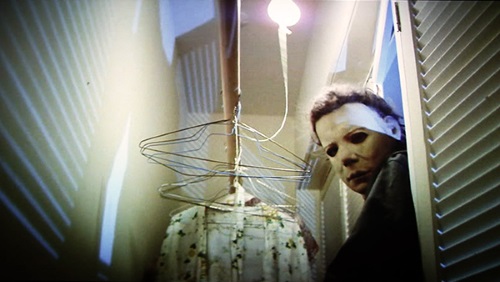
How come they always assume the threat is over and breath a sigh of relief, letting their guard down only to discover that the killer's "dead body" is missing or on the attack again?
It's very simple — because those types of choices, moments, and scenes breed tension and suspense. And isn't funny how even though we know these clichés and tropes, we often still find ourselves on the edge of our seats and jumping when that killer reveals himself or herself?
So yes, those moments are often forgivable when it comes to the choices characters make in those situations. Those choices are nothing more than plot devices to deliver the tension, suspense, and thrills.
However, when a character affects the overarching story and plot, the red flags are hard to dismiss.
Let's develop our own premise to answer this one. Let's say that there's a Witness Protection government agent. This agent is a woman. She's skilled. She's smart. She's a badass. She's tasked with protecting a male computer hacker from the mob for whatever creative reason. He's the stereotypical nerd — either skinny or overweight — and he's not very athletic. Needless to say, she's not happy. She's annoyed.
When the bad guys come, she uses her skills to protect him as he cowers in fear. Later on in the movie, she has lost track of him and he's on his own. The bad guys find him and attack. He panics at first as the agent rushes towards them. Suddenly, just when he's about to die, the nerd skillfully unleashes Karate kicks and punches, defeating the bad guys like Jean Claude Van Damme or Steven Seagal in their prime.
AGENT
What was that?
NERD
Three years of Karate.
This is bad writing. Here's why:
The screenwriter (let's share the blame on this one) set up the characters a certain way. The agent was the badass and the nerd was the one that cowered in fear in the action sequence prior. Those rules are set. Yes, the character can grow and learn skills, but the logic of them suddenly being ready, willing, and able to unleash some skilled Karate to take out the bad guys is flawed storytelling. The stakes that were set have now been erased and the audience feels cheated.
While, yes, the scene could be considered cute, it's still bad storytelling. The scene could also be considered a twist, but twists have to be set up.
We could surely conjure such a setup and make the role reversal fun for an action comedy, but the point is that Character Plot Holes can be devastating to a screenplay's story and concept.
Special skills, abilities, or knowledge that a character has cannot be utilized at the drop of a dime during the perfect part of a situation where such skills, abilities, and knowledge are needed most. It's a cheat. It's lazy writing.
And the same can be said for character backstories that are not set up in creative plants and payoffs or foreshadowing. If one character is dealing with alcoholism and we suddenly find out later in the script that their companion character had a father who was an alcoholic — without any plants for foreshadowing — it's a dramatic cheat. Again, it's lazy writing.
And for the record, this sudden "ability to fight bad guys with skill" example is based on a screenplay I read for Sony during my script reader/story analyst days. Needless to say, it was an easy pass.
4. Narrative Plot Holes
These are easy to sniff out. They can be a result of lazy writing, bad editing, or sheer studio hope that audiences won't be smart enough to realize them — news flash, THEY ARE.
Narrative Plot Holes occur when there's a gap or inconsistency in a story line. It can directly affect the logic established within the plot, as we've discussed above, or it can be a glaring hole that halts the audience's engagement of the story as they question it.
As always, these types of plot holes can be big or small. The small ones are those that may slip by the average audience member.
In The Karate Kid, throughout the climatic tournament, the referee repeatedly stipulates that kicks to the head are not allowed. However, when Daniel and Johnny face off against each other in the final round, Daniel wins with what? A kick to the head.

It isn't forgivable because that goes — literally — against the rules set up by the script. Yes, Daniel's girlfriend does briefly mention that anything above the waist, including the head, counts, but in later scenes we hear the ref say otherwise. However, it's small enough where it's forgettable. Although you'll now likely never watch that amazing scene again the same way. Our apologies.
Perhaps a bigger Narrative Plot Hole occurs within The Usual Suspects. Keyser Soze is a mysterious character that has never showed any person his face who has lived to tell about it. However, it's quite clear that he — in the form of the character Verbal — has shown his face to many police officers, including the detective. If there's one place you don't want to be when trying to hide your physical identity to authorities, it's a police station while having your picture taken in a lineup and while hanging out in a detective's office telling tall tales — and then leaving that detective alive.
And then there are the huge Narrative Plot Holes as found within The Dark Knight Rises.
Some of them may be nitpicky but so many others are big enough that they clearly affect the viewing of the movie to those truly invested in the story. Crafty people can surely find ways to excuse many — or even explain them — but this level of suspension of disbelief and the lack of clarity within the writing are just too much to ask for.
No single script or film is flawless, and we know that there are multiple reasons why these big plot holes happen, but Narrative Plot Holes are the most common and most glaring.
5. Deus Ex Machina Plot Holes
If there is any plot hole that keen audiences deem as unforgivable, it's this.
The term refers to a plot device where seemingly unsolvable problem or situation is suddenly and abruptly resolved by the intervention of some new event, character, ability, or object.
In Independence Day, David manages to figure out a way — never fully explained — to upload a computer virus into an alien ship computer. How is this possible beyond simply needing a way for humans to defeat the aliens? This is both a Logic Plot Hole and a Deus Ex Machina Plot Hole.
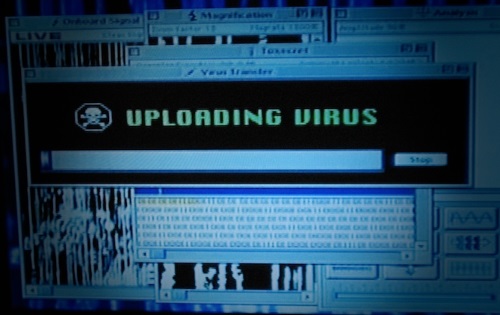
In the Lord of the Rings trilogy (as well as The Hobbit trilogy), giant eagles suddenly appear to rescue Gandalf, and then later to rescue Frodo and Sam from the side of Mount Doom. Yes, Aragorn needs to set a distraction at the gates, but with this power it was unnecessary to force Frodo and Sam to risk their lives over the course of three films when they could have been flown to Mount Doom. I'm sure the novels explain why that would have been impossible, but the movies are completely different entities and need to do their own job of explaining things like this.

In Signs, water is revealed to be that which can hurt and kill the aliens. Why then would those aliens take such a risk on a planet that is predominately made up of water?

In Superman, after Lois dies, Superman flies into the skies in a rage, into space, and begins to fly around Earth over and over and over, either changing its rotation — the visual that is represented on screen — or flying so fast that he somehow goes back in time. This power is never fully divulged or explained before this event beyond his father saying that he cannot interfere with human history. He does... somehow.

These are the five types of plot holes that you have to be wary of within your screenplays as a screenwriter. Some matter more than others, but all should be spotted and reviewed to the best of your abilities. You likely won't catch them all, but you can do your best to keep a keen eye out for them now that you know what to look for.
Ken Miyamoto has worked in the film industry for nearly two decades, most notably as a studio liaison for Sony Studios and then as a script reader and story analyst for Sony Pictures.
He has many studio meetings under his belt as a produced screenwriter, meeting with the likes of Sony, Dreamworks, Universal, Disney, Warner Brothers, as well as many production and management companies. He has had a previous development deal with Lionsgate, as well as multiple writing assignments, including the produced miniseries Blackout, starring Anne Heche, Sean Patrick Flanery, Billy Zane, James Brolin, Haylie Duff, Brian Bloom, Eric La Salle, and Bruce Boxleitner. Follow Ken on Twitter @KenMovies
For all the latest ScreenCraft news and updates, follow us on Twitter, Facebook, and Instagram.
Tags
Get Our Screenwriting Newsletter!
Get weekly writing inspiration delivered to your inbox - including industry news, popular articles, and more!














